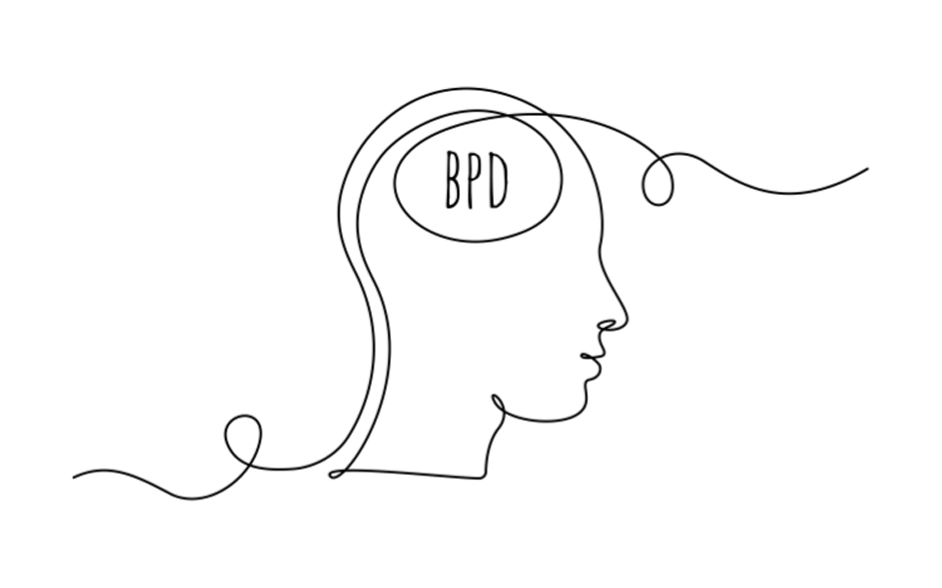Borderline Personality Disorder (BPD) is a complex and often misunderstood mental health condition that affects how individuals think, feel, and relate to others. This disorder can manifest in ways that may appear as cries for help or even addictive behaviours. Understanding BPD requires delving into its symptoms, causes, and the ways it can be managed.
BPD is characterized by pervasive instability in moods, self-image, and behaviour. This instability often leads to impulsive actions and problems in relationships. People with BPD may experience intense episodes of anger, depression, and anxiety that can last from a few hours to days. Key symptoms of BPD include:
Many of the behaviours associated with BPD can be viewed as cries for help. The intense fear of abandonment, self-harm, and dramatic mood swings often signal a deep need for emotional support and stability. These behaviours are not simply manipulative but are rooted in a profound sense of inner turmoil and desperation. The impulsive actions and emotional volatility often stem from a place of intense emotional pain and a lack of effective coping mechanisms.

On the other hand, some behaviours in BPD can appear addictive. Impulsivity is a hallmark of BPD, and this can manifest in various forms, including substance abuse, binge eating, or risky sexual behaviours. These actions can be seen as attempts to self-medicate or temporarily escape the intense emotional pain that individuals with BPD experience. The cyclical nature of these behaviours can mimic addiction, with individuals seeking out immediate relief despite the long-term negative consequences.
The distinction between a cry for help and addictive behaviour in BPD is not always clear-cut. Often, the behaviours serve both functions simultaneously. For instance, self-harm can be a way to release emotional pain (a cry for help) and can become a compulsive, addictive behaviour over time. Substance abuse might start as a way to numb feelings but can quickly turn into an addiction.
The exact cause of BPD is not fully understood, but it is believed to result from a combination of genetic, environmental, and social factors:

BPD is treatable, and many people with the disorder can lead fulfilling lives with the right help and support. Treatment often involves a combination of:
Borderline Personality Disorder is a serious mental health condition that requires understanding and compassion. The behaviours associated with BPD can often be seen as both cries for help and addictive behaviours, rooted in a deep sense of emotional pain and instability. With proper treatment and support, individuals with BPD can develop healthier coping mechanisms and lead more stable and fulfilling lives. Recognizing the signs and offering empathetic support is crucial in helping those with BPD navigate their challenges.